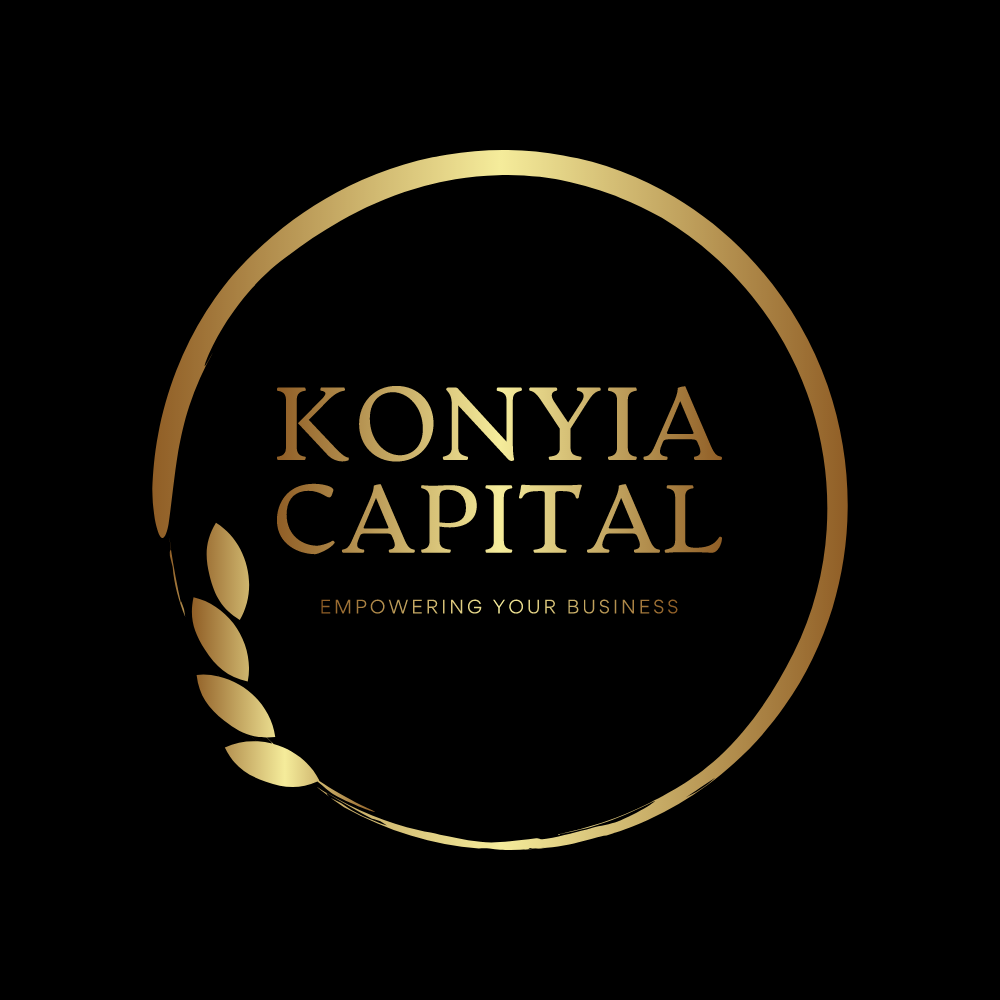When it comes to securing funding for your enterprise, understanding small business loans is crucial. These loans are specifically designed to help small businesses meet their financial needs, whether for expansion, purchasing inventory, or managing cash flow. A variety of small business loans are available today, each tailored to different needs and circumstances.
Traditional bank loans are one of the most common options. They typically offer lower interest rates but may require a strong credit history and collateral. On the other hand, SBA loans (backed by the Small Business Administration) offer favorable terms and lower down payments, making them an attractive option for many businesses.
Another popular choice is business lines of credit, which provide flexibility by allowing businesses to draw funds as needed up to a predetermined limit. This can be particularly useful for managing short-term financial needs or unexpected expenses. Moreover, equipment financing and invoice factoring are specialized loans that cater to specific business needs, such as purchasing machinery or improving cash flow using outstanding invoices.
Understanding the nuances of these loans can make a significant difference in your business’s success. By choosing the right type of loan, you can ensure that your business has the financial support it needs to thrive. Unlock Your Business Potential Today with Konyia Capital! Let’s Fuel Your Success Together – Apply Now!
Types of Small Business Loans

Small business owners have a variety of loan options to choose from, each designed to meet different financial needs and business goals. Understanding these types of small business loans can help you make an informed decision that aligns with your specific requirements.
Term loans are a popular choice, providing a lump sum of capital upfront that is repaid over a set period with fixed or variable interest rates. These loans are ideal for substantial investments, such as purchasing equipment, expanding operations, or refinancing existing debt.
SBA loans are another key option, backed by the Small Business Administration. They offer low-interest rates and long repayment terms, making them suitable for businesses that may not qualify for traditional bank loans. The most common SBA loans include the 7(a) loan program, which provides broad funding for various needs, and the 504 loan program, which focuses on fixed assets like real estate and machinery.
For businesses needing flexible access to capital, a business line of credit can be highly beneficial. This revolving credit works similarly to a credit card, allowing you to borrow up to a certain limit and only pay interest on the amount used. This type of loan is perfect for managing cash flow or covering unexpected expenses.
Other specialized loans include equipment financing, which specifically funds the purchase of business equipment, and invoice factoring, which allows businesses to sell their accounts receivable at a discount to get immediate cash. These options can be particularly advantageous for businesses with specific financing needs.
Exploring the various types of small business loans available can empower you to choose the one that best supports your business’s growth and success.
Advantages of SBA Loans

SBA loans are a vital resource for small business owners, offering numerous advantages that make them an attractive financing option. One of the primary benefits of SBA loans is their low-interest rates, which can be significantly lower than those of conventional business loans. This can result in substantial savings over the life of the loan, freeing up capital for other business needs.
Another key advantage is the longer repayment terms associated with SBA loans. These extended terms, often ranging from 7 to 25 years depending on the type of loan, can help lower monthly payments, making it easier for businesses to manage their cash flow. This can be especially beneficial for new businesses or those with tight operating budgets.
SBA loans also offer flexible uses for the funds, allowing businesses to allocate the money towards a wide range of purposes. Whether it’s for working capital, purchasing inventory, refinancing existing debt, or investing in equipment and real estate, SBA loans provide the versatility to meet various business needs.
Additionally, the SBA guarantees a portion of the loan, which reduces the risk for lenders and makes it easier for small businesses to qualify. This guarantee can be particularly advantageous for businesses that may not have strong credit histories or substantial collateral. By mitigating the lender’s risk, SBA loans open up opportunities for more businesses to access the funding they need.
Lastly, SBA loans often come with supportive resources and guidance from the SBA itself. This can include business counseling, training programs, and assistance with the loan application process. These resources can be invaluable for small business owners looking to navigate the complexities of obtaining financing and growing their enterprises.
Overall, the advantages of SBA loans make them a compelling option for small businesses seeking affordable and flexible financing solutions.
Short-Term vs Long-Term Loans
When considering what kind of small business loans are available, it’s essential to understand the differences between short-term and long-term loans. These two types of loans serve distinct purposes and can significantly impact your business’s financial strategy.
Short-term loans are typically designed to address immediate financial needs or opportunities. They usually have repayment periods ranging from a few months to a couple of years. The primary advantages of short-term loans include quick approval times and less stringent qualification requirements. This makes them an ideal choice for businesses needing rapid access to funds for purposes such as managing cash flow, covering unexpected expenses, or taking advantage of short-term opportunities. However, it’s worth noting that short-term loans often come with higher interest rates, which can increase the overall cost of borrowing.
In contrast, long-term loans are structured to support significant investments and long-term growth. These loans typically have repayment periods extending from several years up to 25 years, depending on the lender and loan type. The benefit of long-term loans lies in their lower interest rates and more manageable monthly payments, which can ease the financial burden on your business. Long-term loans are well-suited for substantial expenditures such as purchasing real estate, investing in major equipment, or funding large-scale projects. However, the application process for long-term loans is often more rigorous and time-consuming, requiring comprehensive financial documentation and a strong credit history.
Choosing between short-term and long-term loans depends on your business’s specific needs and financial situation. Short-term loans offer the advantage of speed and flexibility, making them suitable for immediate, smaller-scale needs. Meanwhile, long-term loans provide stability and lower costs for significant investments and sustained growth. By understanding the distinct characteristics of these loan types, you can make an informed decision that aligns with your business goals.
How to Apply for Business Loans

Understanding how to apply for business loans is crucial for securing the funding your business needs to thrive. The application process can vary depending on the type of loan and the lender, but there are common steps you can follow to increase your chances of approval.
First, it’s important to assess your financial needs. Determine how much funding you require and what you intend to use it for. This will help you choose the right type of loan and prepare a compelling case for why you need the money. Once you have a clear idea of your needs, you can start researching potential lenders. Different lenders offer various loan products with differing terms, so it’s essential to find one that aligns with your business’s requirements.
Next, gather all necessary documentation. Lenders typically require a range of financial documents to assess your business’s creditworthiness. These may include:
- Business plan
- Financial statements (income statement, balance sheet, cash flow statement)
- Tax returns (both personal and business)
- Bank statements
- Legal documents (business licenses, leases, contracts)
Having these documents ready will streamline the application process and demonstrate your business’s financial health.
After you have your documentation in order, focus on improving your credit score. Both personal and business credit scores play a significant role in loan approval. Paying down existing debt, correcting any errors on your credit report, and ensuring timely payments can help boost your score.
Once you’re prepared, submit your application. Be thorough and accurate when filling out forms, as incomplete or incorrect information can delay the process. Some lenders may also require a personal interview or additional information, so be ready to respond promptly.
Finally, stay patient and persistent. The review process can take time, but by being diligent and organized, you can improve your chances of securing the loan your business needs to grow and succeed.
Choosing the Right Loan for Your Business

Choosing the right loan for your business can be a daunting task, but it is essential for ensuring that you have the financial support necessary to achieve your goals. With a variety of loan types available, it’s important to carefully evaluate your options to find the best fit for your specific needs.
Start by assessing your business’s financial health and objectives. Consider factors such as your credit score, cash flow, and how much funding you need. This will help you determine which loan products you qualify for and what terms you can manage.
There are several types of loans to consider:
- SBA Loans: Backed by the Small Business Administration, these loans offer favorable terms and lower interest rates, making them an excellent option for many small businesses.
- Term Loans: These are traditional loans where you receive a lump sum upfront and repay it over a fixed period with interest. They are suitable for larger investments or long-term projects.
- Business Lines of Credit: This flexible option allows you to borrow up to a certain limit and pay interest only on the amount you use. It’s ideal for managing cash flow or covering unexpected expenses.
- Invoice Financing: If your business has outstanding invoices, you can use them as collateral to secure immediate funding, helping to maintain steady cash flow.
- Equipment Financing: Specifically designed for purchasing business equipment, these loans use the equipment itself as collateral.
Once you’ve identified potential loan options, compare the terms, interest rates, and repayment schedules. Be sure to read the fine print and understand any fees or penalties associated with each loan. Consulting with a financial advisor or loan broker can also provide valuable insights and help you make an informed decision.
Making the right choice can set your business on a path to success, providing the financial stability and resources needed to grow and thrive.
Unlock Your Business Potential Today with Konyia Capital! Let’s Fuel Your Success Together – Apply Now!

